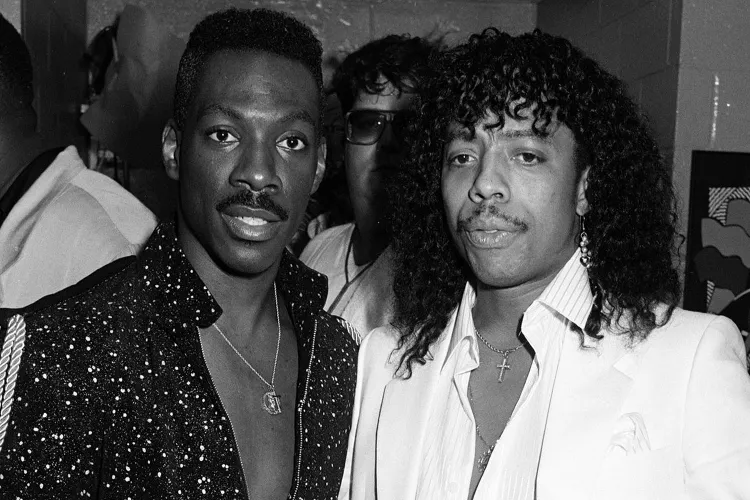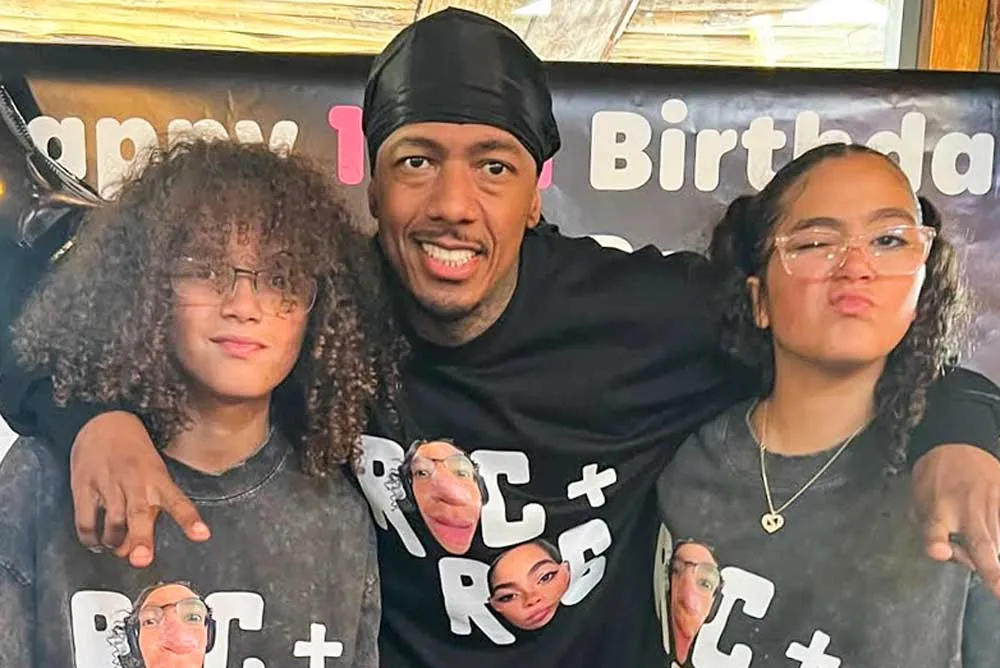Eddie Murphy quietly paid to bury Rick James and funded a tombstone for Buckwheat — the legendary comedian opens up about honoring his heroes in emotional new Netflix documentary
Eddie Murphy has built a career defined by laughter, electrifying performances, and the kind of talent that rarely comes around more than once in a generation. But behind the sharp wit, iconic characters, and boundary-breaking roles, there has always been a quieter side to Murphy — a deeply loyal friend, a devoted admirer of the legends who came before him, and a man who, despite his fame, has long believed that gratitude should be shown not through public gestures but through private acts of respect. In his new Netflix documentary, Being Eddie, Murphy reveals that some of his most meaningful contributions to the entertainment world were the ones he made silently, away from cameras, headlines, or any desire for recognition.
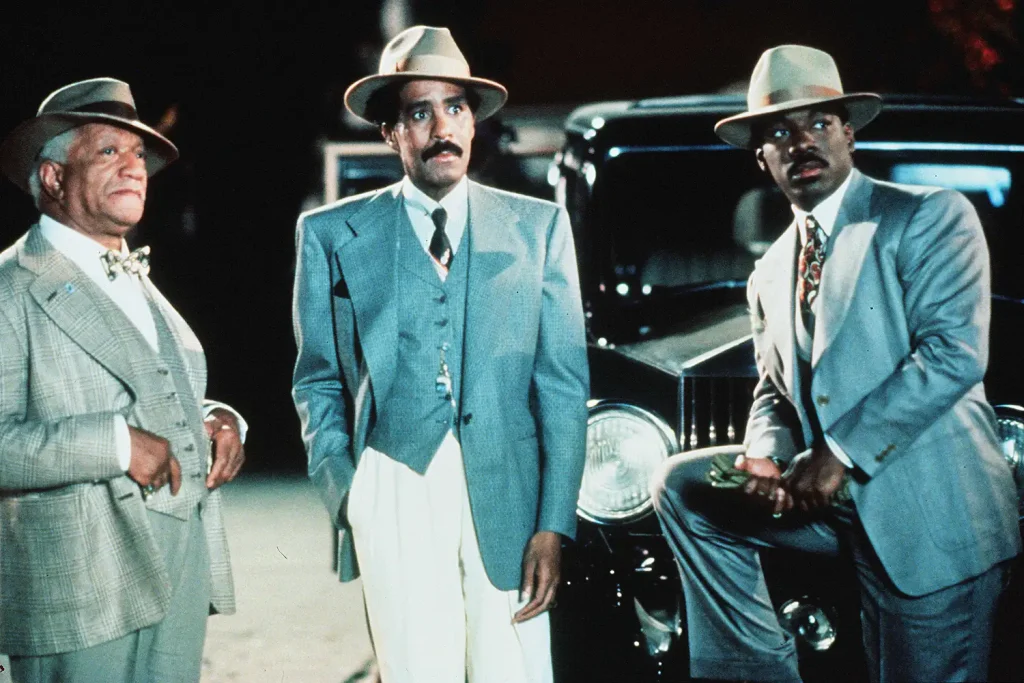
One of the most emotional revelations in the film centers on Murphy’s longtime friend and musical icon Rick James. The two had shared decades of history — moments of chaos, joy, and creativity woven together in the unique way that only true friendships in the entertainment world seem able to form. When James died in 2004, Murphy explains that the singer’s family struggled to cover the funeral costs. Without hesitation, Murphy stepped forward. No press releases. No interviews. No statements. He simply paid the full bill, ensuring that his friend could be laid to rest with dignity.
Murphy speaks about the decision quietly in the documentary, not with pride but with affection. He describes how much James had meant to him, how their bond, though sometimes tumultuous, was grounded in real friendship. And as he says it, viewers can sense that this wasn’t a moment of generosity for the sake of being generous — it was something deeper. It was a friend doing right by another friend. It was loyalty extending past the final goodbye.
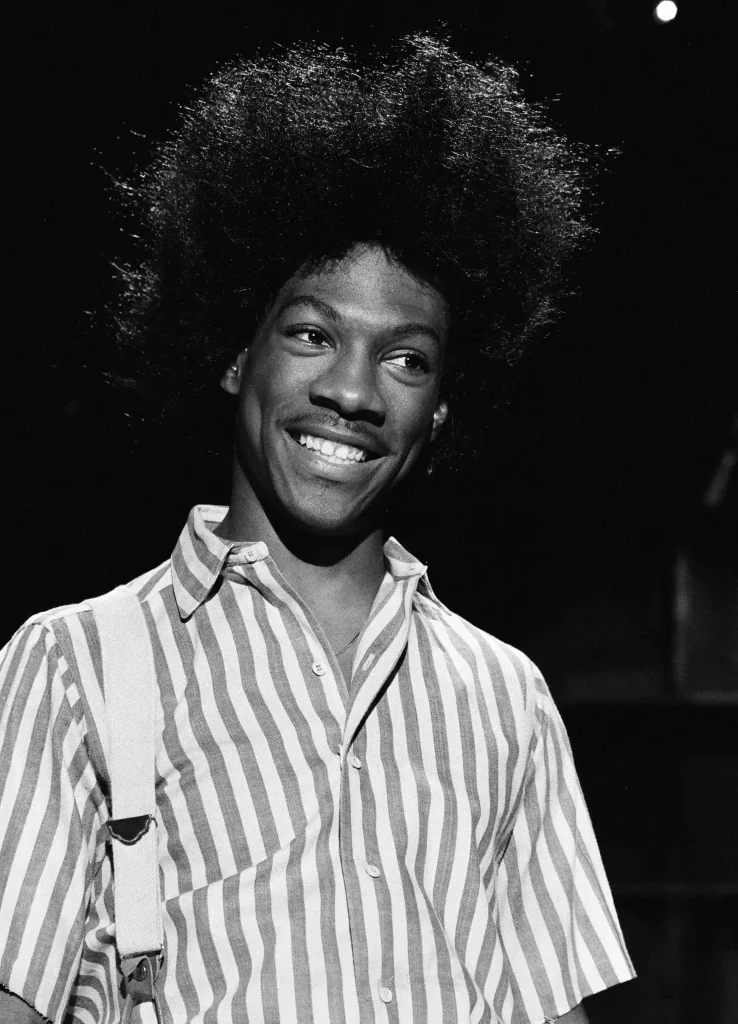
The documentary then moves to another unexpected revelation: Murphy also paid for the burial of comedy legend Redd Foxx. Foxx, who had influenced Murphy profoundly, had become a mentor to him during his rise at Saturday Night Live and in his early film career. Known for his groundbreaking work on Sanford and Son, Foxx was a giant of comedy — but in the last years of his life, he suffered severe financial struggles.
Murphy recounts that when Foxx died suddenly in 1991, his estate had little money available. The comedian who had paved the way for so many others was at risk of being buried without the ceremony and respect he deserved. Murphy stepped in again, covering all expenses, insisting that Foxx, a man he calls “one of the greatest to ever do it,” be honored properly.
Even then, Murphy refused public acknowledgment. He didn’t mention his involvement for decades, never wanting the tribute to feel performative. In Being Eddie, he finally speaks about it because, he says, Foxx’s legacy matters, and part of honoring that legacy is telling the truth about how the entertainment industry often fails its pioneers. His voice softens as he describes Foxx’s impact on him — the humor, the candor, the sense of freedom Foxx brought to the stage. Paying for the funeral wasn’t charity; it was gratitude.
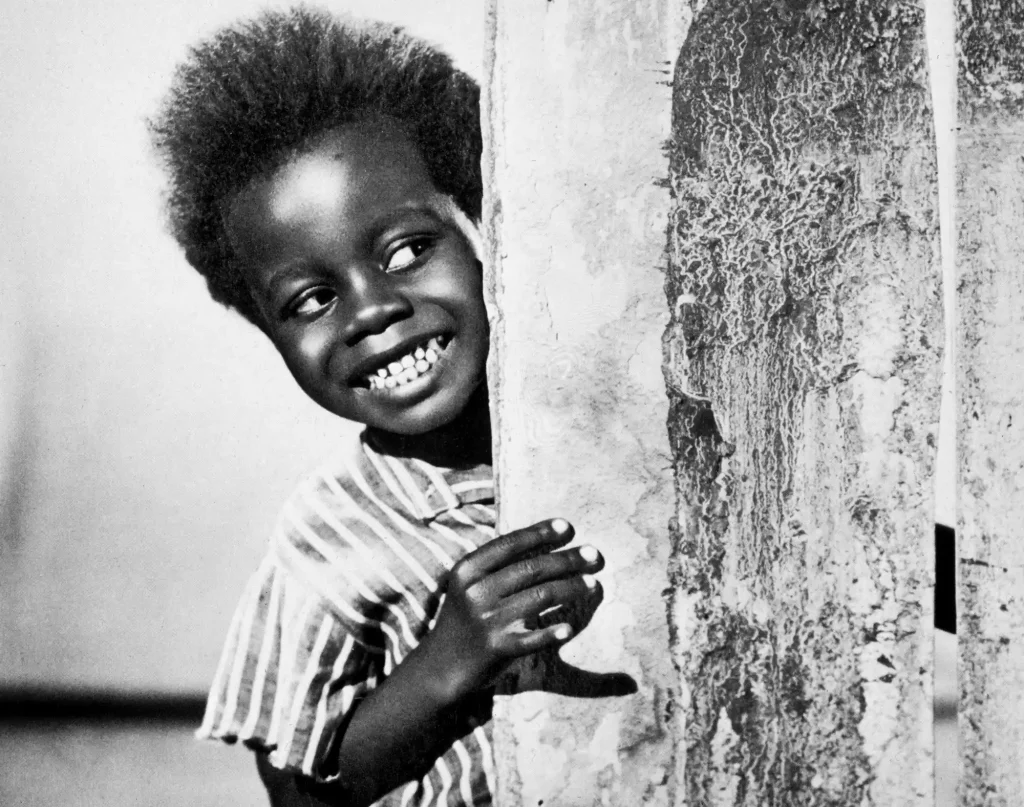
But the documentary’s most surprising moment — one that caught even longtime fans off guard — comes when Murphy reveals that he also paid for a proper tombstone for Buckwheat, one of the beloved characters from The Little Rascals. The actor who portrayed him, Billie Thomas, had died in 1980 at just 49 years old. His grave had gone unmarked.
Murphy, who famously spoofed Buckwheat in some of SNL’s most memorable sketches, learned of the unmarked grave many years later. To him, the idea that such an iconic figure — someone who had shaped early American entertainment and influenced countless performers — had no marker felt wrong. So he purchased a headstone himself. There was no press coverage, no public announcement, nothing to suggest he’d played a role. He just felt it needed to be done.
In the documentary, Murphy explains the gesture with a mixture of tenderness and disbelief. Buckwheat, he reflects, was a character America grew up with. Millions of people knew that face, that voice, that mischievous charm. He deserved a memorial that reflected the impact he had made. Murphy’s decision came from a sense of history and responsibility — not as a celebrity, but as an artist mindful of the people whose contributions had paved his own path.
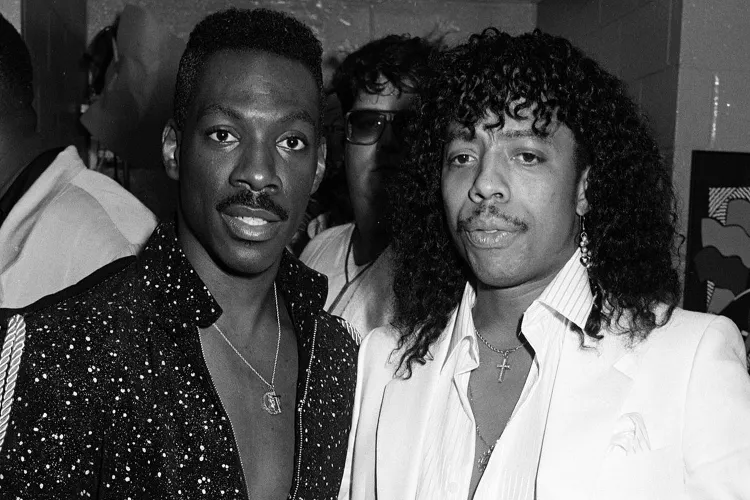
These stories unfold softly throughout Being Eddie, and together, they reveal something profound about Murphy: despite all the awards, global fame, and decades of success, one of the most defining traits of his character is the care he extends to those who shaped him. This thread of paying quiet respect runs throughout the film — gestures whispered rather than shouted, chosen because Murphy believes that love and loyalty aren’t meant to be performed publicly.
His relationship with Rick James is shown with the humor fans expect — wild nights, unforgettable stories, and creative collaborations — but the documentary also highlights the mutual respect underneath it all. Murphy doesn’t sugarcoat the chaos that sometimes followed James, but he makes it clear how much he admired him as an artist, and how much he valued their connection.
His memories of Redd Foxx are even more emotional. Murphy’s eyes soften as he recalls being a young comic, still finding his footing, and seeing Foxx as a living blueprint of what was possible. Foxx’s support meant everything to him, and decades later, Murphy’s decision to fund his funeral becomes something like a final thank-you.
The moment he discusses Buckwheat’s tombstone is quieter, but it hits just as hard. It reveals not just Murphy’s affection for entertainment history, but his deep sensitivity to how artists — especially Black artists — have often been overlooked or forgotten once the cameras stop rolling. Murphy’s gesture didn’t just mark a grave; it preserved a legacy.
Outside of these touching tributes, Being Eddie explores Murphy’s journey through fame with a level of honesty that feels both rare and refreshing. He speaks candidly about the pressures of early success, the mistakes he made, and the lessons that shaped him into the person he is now. But what shines brightest are the moments that prove he has always valued the people who influenced him more than the spotlight that came afterward.
Fans have long adored Murphy for his humor, his charisma, and his unmistakable presence on screen. But the documentary shows that what makes him truly extraordinary may not be what audiences see during a stand-up set or a film premiere. Instead, it may be acts like paying for a mentor’s funeral, covering burial costs for a friend, or marking the grave of an actor whose contributions changed entertainment decades before Murphy became a star.
In a world where celebrity generosity is often amplified for publicity, these gestures remained buried in private memory for years. Murphy never shared them because he didn’t want them interpreted as self-promotion. But now, at this stage in his life and career, he’s opening the door to these stories because he believes honoring the past matters — and because the men he admired deserve to be remembered.
Being Eddie is a documentary filled with laughter and charisma, but its heart lies in these quiet moments of that generosity. They reveal a man who understands what it means to have been shaped by others and who refuses to let their legacies fade.
